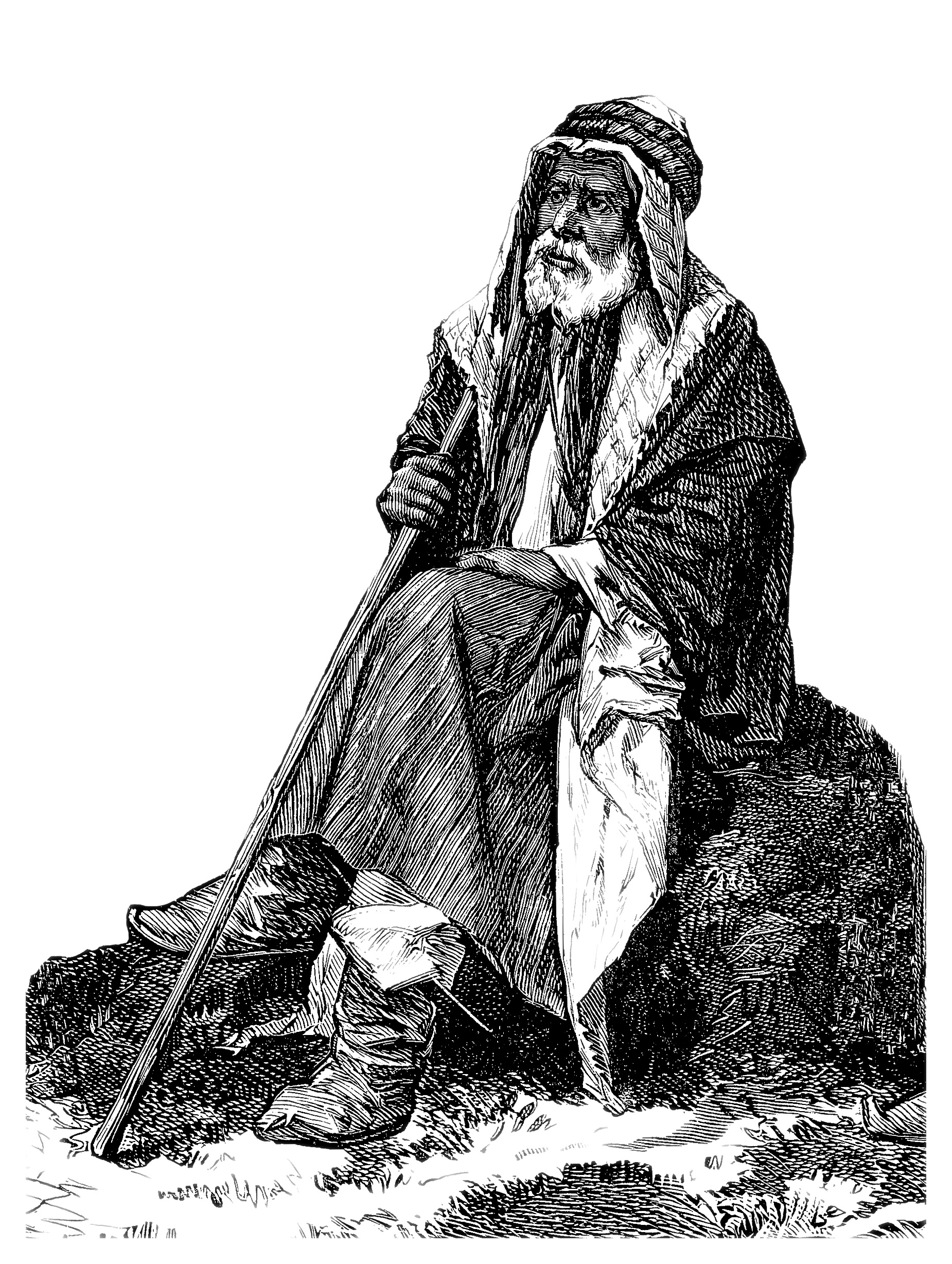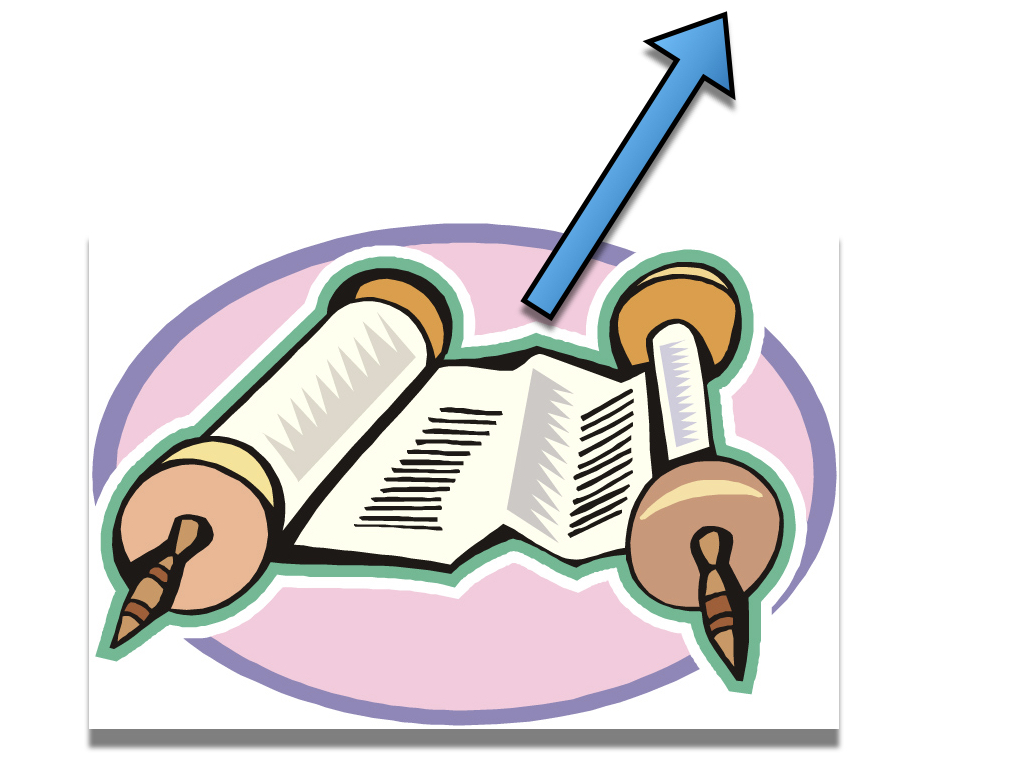
Genesis 26:5, Because. Based on Paul’s teaching in Romans 4, we see that the Abrahamic Covenant is the model for salvation, which is salvation by grace through faith leading to or resulting in good works or righteousness (Eph 2:8–10).
From this verse, it might appear the Abrahamic Covenant wasn’t a faith-based covenant at all, but a works based on. In other words, Abraham had to do something to be counted righteous or to come into good standing with Elohim—a concept which is commonly referred to as “earning salvation.”
The fact is that in the Abrahamic Covenant, Abraham only had to have faith and believe in YHVH to be justified or to be considered righteous by Elohim (Gen 15:6). It was on this basis that YHVH granted him “salvation.”
But this initial step of faith on Abraham’s part and the righteousness Elohim attributed to him was but the first step in Abraham’s faith walk. From that point, he had to walk out his faith and continue trusting YHVH (see also Gen 19:5). The apostolic writers present the idea that one’s spiritual journey is a walk, not a one time event that occurs at the beginning of that walk.
Our faith walk is more than just mental assent with a few emotions thrown in for good measure. It’s more than just following the golden rule about loving our neighbor in some nebulous sort of way. It’s faithfulness to YHVH’s instructions. James clearly states in his epistle that this is how one demonstrates the legitimacy of one’s faith when he declares that faith without works is dead (Jas 2:18, 20, 26).
Abraham demonstrated his faithfulness by his obedience to YHVH’s Torah or YHVH’s Word or voice. Furthermore, as a result of this obedience, YHVH promised to bless him beyond simply being granted initial salvation or righteousness.
This two-step approach or model still holds true in the Testimony of Yeshua. One is saved or delivered from the wages of their past sin (Rom 3:25), (Rom 6:23) which is death, by their faith (initial salvation), and then one ceases from that sin by continuing in the good works of Torah obedience (Eph 2:8–10).
Yeshua and the apostolic writers in numerous instances reveal that future rewards (both temporal and eternal rewards) come as a result of one’s good works (e.g. Matt 5:19). The ultimate reward is being granted eternal life and inclusion in the family of Elohim.
Abraham obeyed my voice, and kept [also: observe, preserve, guard; shamar, my charge [mishmereth], my commandments [mitzvah] my statutes [chuqqah], and my laws [toroti]. There are those who teach that the Torah-law does not predate Moses. Not only does this verse disprove that, but it also shows that Abraham kept the Torah-law of Elohim. In a Hebrew lexicon or word dictionary, look up each of these words and study their meanings and how they are used contextually in the Scriptures.
My voice. This verse equates the voice of Elohim with his Torah commands. To obey the voice of Elohim is to obey his Torah instructions. The voice and Torah of Elohim are two ways of saying the same thing. YHVH’s servants were obeying his voice, the Torah, long before it was written down by Moses.
My laws [Torah]. The word Torah here is in the plural. The Jewish sages teach that this is speaking of both the written and oral Torahs (the latter being Jewish oral tradition). Since Yeshua questioned the validity of the Jews’ oral Torah (what became known much later as the Talmud) or the tradition of the elders as he refers to it in Matt 15:2; Mark 7:3, 5), so should we. Instead of being a prophetic reference to the Talmud (which contains many Jewish fables and traditions that, in reality, violate the Written Torah [see Matt 15:6; Mark 7:7–13]), it is more likely that Moses (the author of Genesis), when using the plural form of the word Torah, was referring to the various subdivisions of the overall Torah contained in the first five books of the Bible. These subdivisions or aspects (like facets of a diamond) could include historical narrative, prophecy, the universal principles or commandments of the Torah that are applicable to all men for all time, specific commandments that applied to Israel before the cross (e.g. the Levitical and sacrificial systems) and to the Torah that was given to Moses and was written down into a codified form (like a constitution) for the governing of the nation of Israel and was referred to in the Gospels as “the law of Moses.”
The primary meaning of the word Torah, according to the Theological Wordbook of the Old Testament (TWOT) is “teaching” (and not “law”). Strong’s Concordance lists the meaning of Torah in this order: “a precept, a statute.” The New Brown-Driver-Briggs-Gesenius Hebrew-English Lexicon defines Torah as “direction, instruction, law” (in that order). According to Strong’s Expanded Exhaustive Concordance of the Bible,
Torah primarily signifies “direction, teaching, instruction” (Prov 13:14). It is derived from the verb yarah [meaning] ‘to project, point out’ and hence to point out or teach. The law of [Elohim] is that which points out or indicates His will to man … Seen against its background of the verb yarah, it becomes clear that Torah is much more than law or a set of rules. Torah is not restriction or hindrance, but instead the means whereby one can reach a goal or ideal.
The TWOT similarly states,
The word Torah basically means “teaching” whether it is the wise man instructing his son or [Elohim] instructing Israel. The wise give insight into all aspects of life so that the young may know how to conduct themselves and to live a long blessed life (Prov 3:1f). So too [Elohim], motivated by love, reveals to man basic insights into how to live with each other and how to approach [Elohim]. Through the law [Elohim] shows his interest in all aspects of man’s life which is to be lived under his direction and care. Law of [Elohim] stands parallel to [the] word of [YHVH] to signify that law is the revelation of [Elohim’s] will (e.g. Isa 1:10).
As already noted, the word Torah originates from the root word yarah, which means “to flow as water, to lay or throw as in shooting an arrow; to point out as if aiming the finger to make a point, to teach.” Another cognate (related word) of the word Torah is the Hebrew word moreh which means “teacher or archer (as in one who shoots at a target).” Moreh derives from the same Hebrew root word, yarah, as does Torah. Therefore, when one is walking according to the Torah of YHVH Elohim, one is walking in the light of YHVH’s truth, which is hitting the mark of righteousness. Likewise, YHVH’s teachings or instructions are a river of life flowing from his throne aimed at hitting the mark of truth and righteousness. By contrast, the Hebrew word for sin is chata which means “to miss the mark,” i.e. transgressing the Torah as 1 John 3:4 states, “Sin is the transgression of the Torah.”



